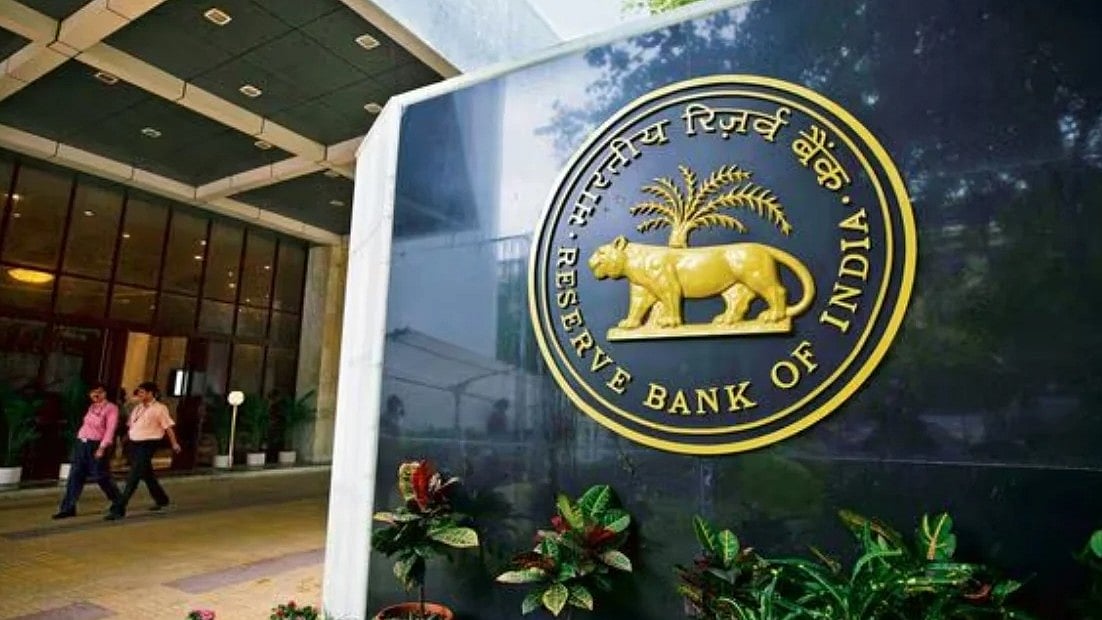New Delhi: In a decisive move to promote domestic value addition, the government has reduced the basic customs duty on crude edible oils — palm, soyabean, and sunflower — from 20 per cent to 10 per cent. The effective import duty now stands at 16.5 per cent, down from 27.5 per cent, while the duty on refined oils remains unchanged at 35.75 per cent. This raises the differential between crude and refined oil duties from 8.25 per cent to 19.25 per cenr, a long-standing demand of industry stakeholders.

Industry Cheers Move to Boost Local Refining
Welcoming the development, Solvent Extractors Association of India (SEA) President Sanjeev Asthana said the higher duty gap would curb imports of refined palmolien and redirect demand toward crude palm oil (CPO), strengthening India's refining sector. “This is a bold and timely move that revitalises domestic refining without impacting total import volumes,” he noted.
Sudhakar Desai, President of the Indian Vegetable Oil Producers’ Association (IVPA), lauded the government for accepting the industry's recommendation, calling it a “significant push” for Make in India and a shield against injury from cheap refined oil inflows.

Win-Win for Industry and Consumers
The SEA emphasised that the previous narrow duty gap had made refined oil imports more attractive, reducing the competitiveness of domestic refiners. During the current oil year’s first half (November 2024–April 2025), refined palmolien imports surged to 27% of total palm oil imports. The change in duty structure is expected to reverse this trend.
SEA Executive Director B V Mehta added, “This is a win-win situation. Refiners benefit from improved margins, and consumers gain from the anticipated reduction in domestic oil prices.”
India’s Heavy Dependence on Imports
India imports over 50 per cent of its edible oil needs. In the 2023–24 oil year, the country imported 159.6 lakh tonnes of edible oils worth ₹1.32 lakh crore. Key suppliers include Indonesia and Malaysia for palm oil, and Brazil and Argentina for soyabean oil.










